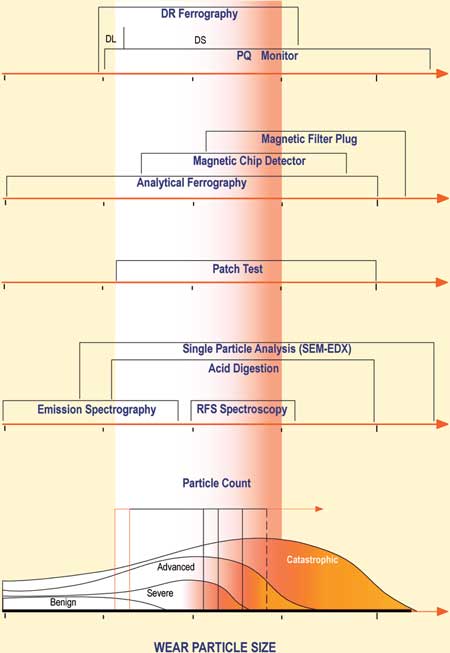I don't follow the logic of early oil changes.
Damaging metals break off inside the new engine. These harmful particles travel through the engine scoring and damaging internal components until it gets trapped in the filter on the first pass. You drain perfectly clean and serviceable oil at 100 miles and install a new filter. Any damage has already been done.
More damaging metals break off inside the new engine. These harmful particles travel through the engine scoring and damaging internal components until it gets trapped in the filter on the first pass. You drain perfectly clean and serviceable oil at a total of 500 miles and install a new filter. Any damage has already been done.
More damaging metals break off inside the new engine. These harmful particles travel through the engine scoring and damaging internal components until it gets trapped in the filter on the first pass. You drain perfectly clean and serviceable oil at a total of 1000 miles and install a new filter. Any damage has already been done.
More damaging metals break off inside the new engine. These harmful particles travel through the engine scoring and damaging internal components until it gets trapped in the filter on the first pass. But because of your early drains, all is well now so follow the OLM.
Damaging metals break off inside the new engine. These harmful particles travel through the engine scoring and damaging internal components until it gets trapped in the filter on the first pass. You drain perfectly clean and serviceable oil at 100 miles and install a new filter. Any damage has already been done.
More damaging metals break off inside the new engine. These harmful particles travel through the engine scoring and damaging internal components until it gets trapped in the filter on the first pass. You drain perfectly clean and serviceable oil at a total of 500 miles and install a new filter. Any damage has already been done.
More damaging metals break off inside the new engine. These harmful particles travel through the engine scoring and damaging internal components until it gets trapped in the filter on the first pass. You drain perfectly clean and serviceable oil at a total of 1000 miles and install a new filter. Any damage has already been done.
More damaging metals break off inside the new engine. These harmful particles travel through the engine scoring and damaging internal components until it gets trapped in the filter on the first pass. But because of your early drains, all is well now so follow the OLM.






